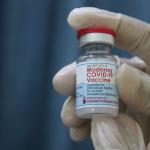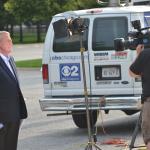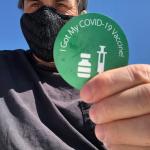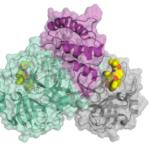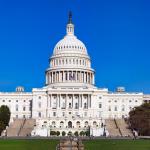Since January, billions of COVID-19 vaccines have been administered around the world.
SARS-CoV-2
Throughout the pandemic, we've watched the media follow a predictable formula in their COVID-19 reporting.
Atea Pharmaceuticals, which is (was?) co-developing another COVID antiviral drug with Roche called AT-527, issued a
Protests erupted at California's state capitol earlier this week in the wake of Governor Gavin Newsom's proposed COVID-19 vaccine mandate for public school students.
The American public's trust in US media has cratered in recent years. Just “7% of U.S.
This year’s influenza (“flu”) season, which has already begun in some parts of the country, revs up in November, and last until spring, will be made more ominous than ever by the current high numbers of COVID-19 cases in many parts of the nation.&
Throughout 2021, Mike “the health ranger” Adams has been a consistent source of science-fiction-inspired commentary about the COVID-19 vaccines.
As Professor Katherine Seley-Radtke (1) and I wrote last July in an op
Why are so many Americans unwilling to get a COVID-19 vaccine?
“We don’t need the fun police to come in and micromanage and tell us what we should or shouldn’t be doing,” San Francisco Mayor London Breed
